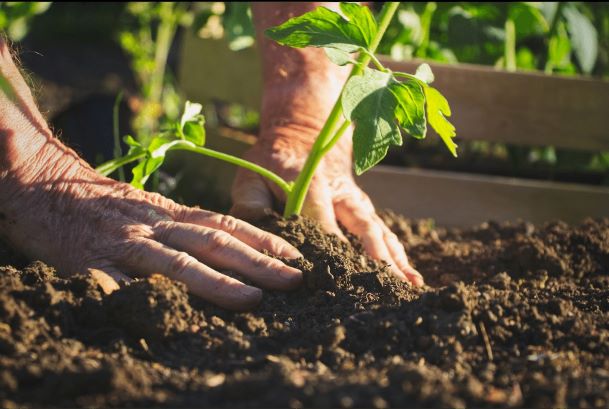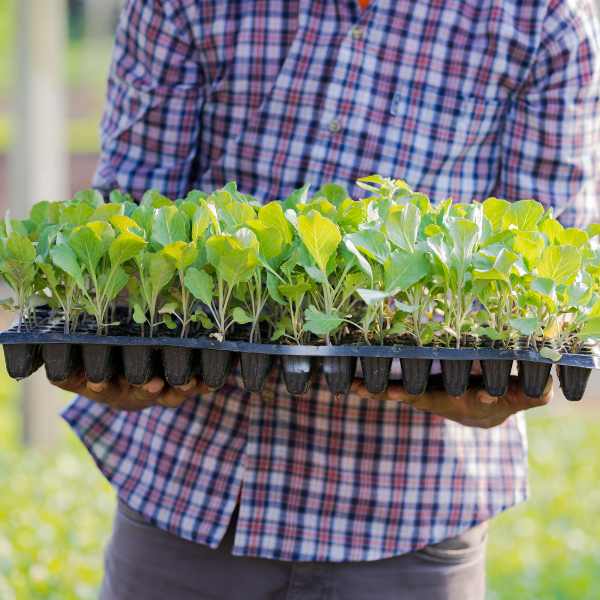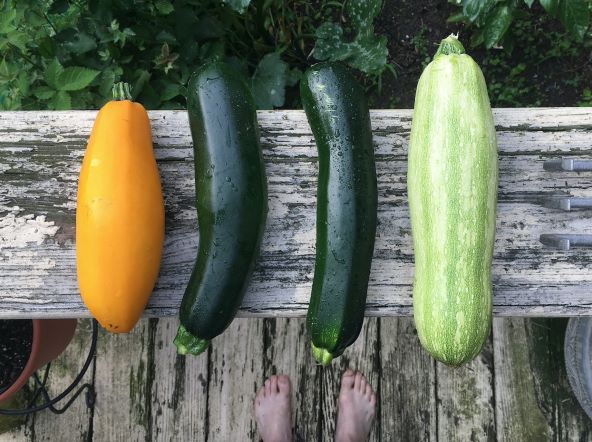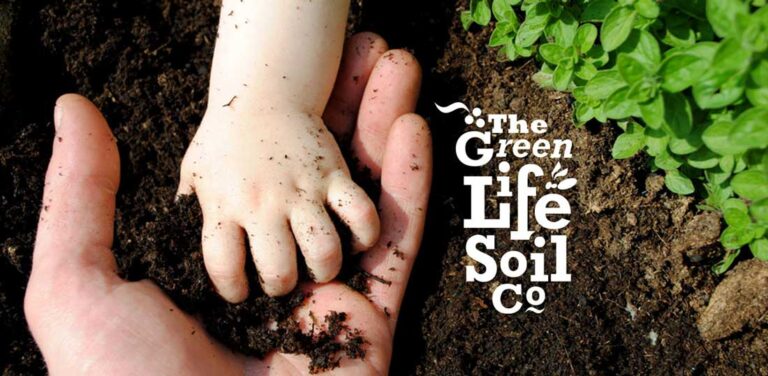Reasons Why Your Garden Loves Mulch
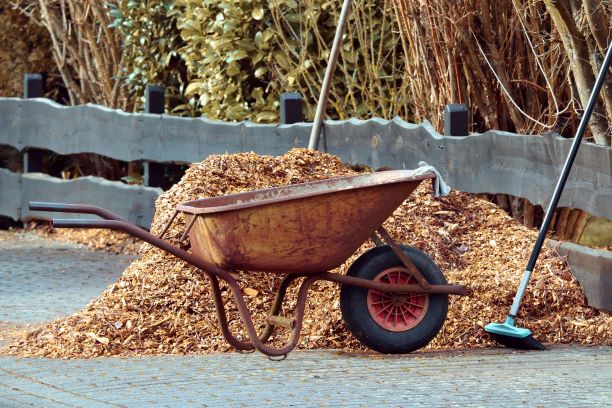
It’s not the most glamourous part of your garden, but mulch plays an important role in soil and plant health. It’s especially important to keep soil cool in our intense summer heat and, by adding a top layer of mulch to your garden beds, you are saving water and reducing your water bill.
Mulch helps to retain moisture in the soil for longer and shades the roots of delicate seedlings and plants from getting too much heat. It suppresses weeds, so that your plants aren’t competing for water and nutrients and encourages soil organisms such as worms and good bacteria to thrive.
Remember
A good mulch will allow water to pass straight through to the roots of your plants and trees where it’s needed the most. As a guide, your mulch thickness should be 2-6 cm, although a layer of straw mulch can be much thicker. The best time to mulch is early spring and the middle of summer.
Organic mulches will naturally break down so you will need to top them up over time for them to stay effective. Don’t pack the mulch too tightly around the stems of plants, shrubs and trees as it can cause them to rot.
Four Types of Mulch Your Garden Will Love
Compost
You can use your compost as a mulch. Spread it around up to 40 mm thick. This is a great option if you have a compost bin as it won’t cost you anything.
Pea straw
Great for vegetable gardens, fruit trees and roses. It does break down quickly and will need to be topped up more often.
Bark and woodchips
Best used around established plants such as trees and shrubs where you don’t need to improve the soil. You may need to add some blood and bone to your plants if the leaves start to turn yellow.
Pebbles and gravel (inorganic mulch)
For a long-lasting mulch, this will work well. Pebbles and gravel are best suited to succulents and Mediterranean-type plants.

